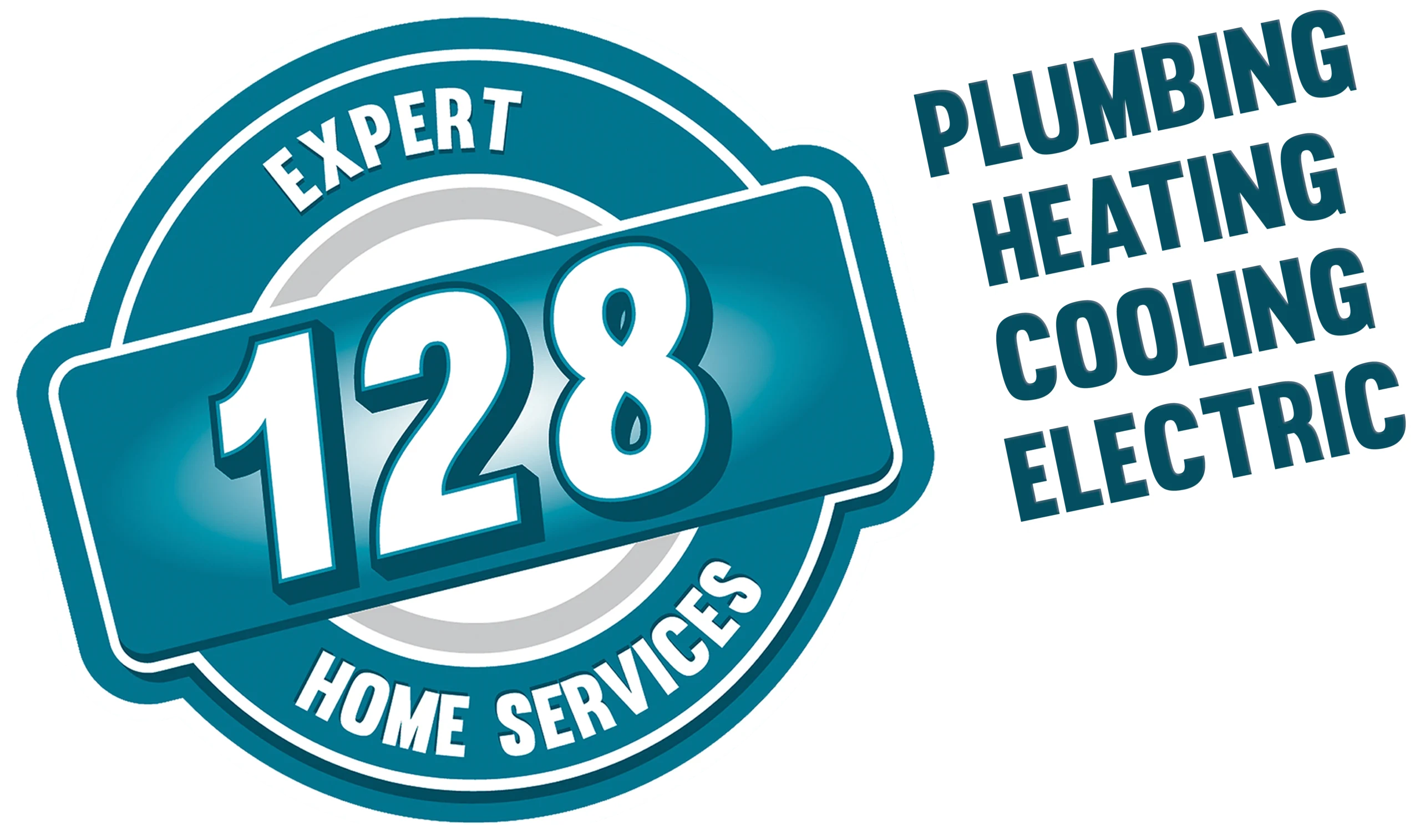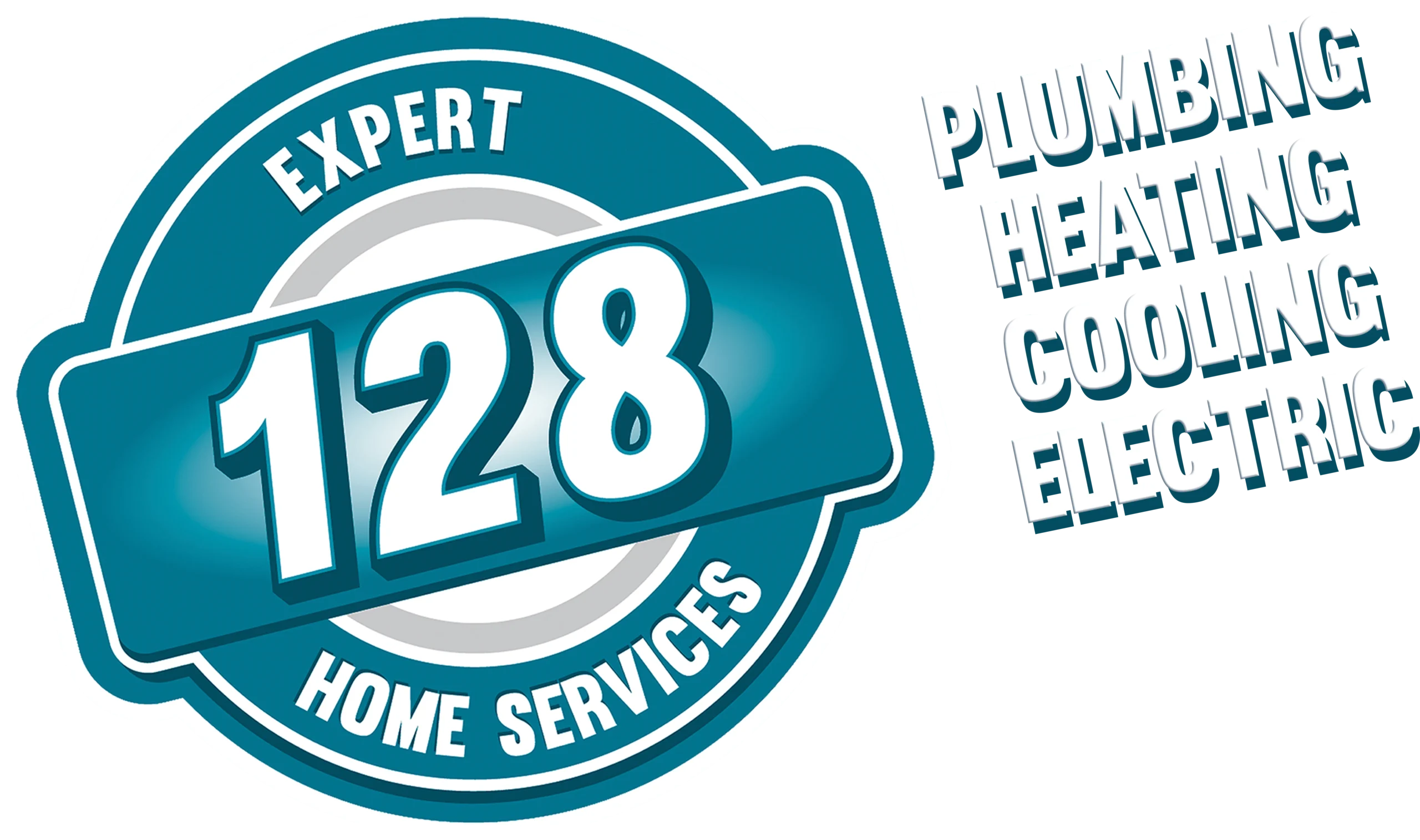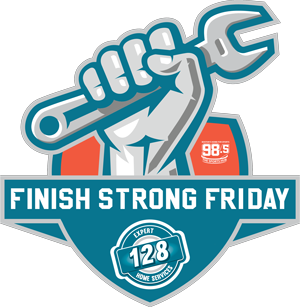Now with Fall swiftly approaching, the colder months are almost upon us. For residents in Lynnfield, Massachusetts, that means the fight for keeping your home warm against the cold is quickly coming.
Comfortable temperatures indoors start with a functioning heating and air conditioning unit that is up-to-date and ready to go. When was the last time you checked on the status of your home’s HVAC?
If the answer was something like, “I can not remember,” then do not worry. We’ve got you covered!
Here’s your total, comprehensive guide to understanding the condition of your HVAC and making sure your home is ready for the upcoming colder months!
Why Heating And AC Matters In Lynnfield
Do you remember a few months ago when Boston hit record-breaking temperatures at the beginning of July? While Massachusetts typically sees a comfortable summer with temperatures fluctuating between the higher 70s and 80s, this year was an exception.
On July 3rd, the day’s highest temperature was 60 degrees, a new low for the city that beat the record for the previous lowest summer temperature recorded in 1914 at 61 degrees.
If this past summer saw unusual cooler temperatures, what will that mean when the colder temperatures actually arrive? The best way to find out is to be amazed in the comfort of the warmth of your own home!
Heating and air conditioning matter in Massachusetts because the weather can be very unpredictable. Besides its unpredictability, the winters are usually blistering, with snow coming at some point.
To be prepared against the freezing temperatures that are now a few months away, it’s essential to make sure your HVAC unit is ready to provide your home with the comfort you need during those times.
Is It Time To Upgrade Your HVAC?
You may be unsure of what to look for to know when it’s time to upgrade your HVAC. There are specific signs to look for or have a technician look for that indicate it’s time to upgrade your system. For example, if you can not remember when you last got a system, or if you have never upgraded your system at all, that could be the first sign.
Most central HVAC units are only meant to last between 20-25 years. However, if you keep your unit in excellent condition, it could last up to 30 years.
You get a few decades of usage out of these systems, which is a good thing, but the longer you keep a system, the more likely it is for your system’s performance to wane.
If you have an older system or one that is broken, you may be noticing some of the following signs that it’s time to speak with a technician about repairing your unit:
- Higher energy bills
- Build-up of dust
- Odd sounds or smells
- Uneven temperatures
- Longer running time
- Constant repairs
Stop wasting money on consistent repairs. If you have a technician over consistently for repairs, it’s time to put the money to better use by paying for a newer system.
And speaking of money, those higher energy bills you’ve been receiving are likely from an HVAC that isn’t working as it should. Higher energy bills indicate that your current system has to work longer to produce the temperatures you have your home set to, but the unit is having a harder time reaching those temperatures.
It could be because there’s a leak in the ductwork or your system is old and having a hard time producing the temperatures it once could. If you notice uneven temperatures in your home or the system running longer than it should, it might be time to invest in a more productive unit.
What To Look For In Your New HVAC
If you need to buy a new system, your home’s right size and efficiency rating is the biggest thing you want to look for in new heating and cooling units. Your trusted technician will help you in these areas by observing your home, its size, and needs, and then will instruct you on the proper size HVAC for your home.
New HVACs are made with higher efficiency technology to help reduce the amount of energy your home uses by almost 30%! Efficiency and size go hand in hand, so when your technician comes in to assess your home space, they will determine which size and efficiency rating will work best to provide the right heating and cooling.
Installing a new HVAC system is a major investment. Because of this, you should look to buy an excellent name-brand unit with the help of your technician. Your goal should be to purchase a new system that will last up to 30 years before it needs to be fully replaced again.
When you start to consult with businesses, watch out for any company that tries to push its own brand of HVACs. These likely will not perform as great as name-brand ones. The high-quality HVAC manufacturers choose who gets to sell their products. Businesses that can install the higher-end systems will typically perform the best work and give you the best services, not the guys trying to sell their own system.
Ductless Heating And Air Conditioning
There are other types of heating and air conditioning units to install in your home besides the standard central unit, which is most likely what your home has.
Installing new central units can range anywhere from $5,000-$11,000 after consultations. And while these services provide excellent heating and air, ductless systems can provide the same for much less.
Ductless heating and air conditioning services are excellent for homes that have recent additions, commercial property, or older homes. These systems function a lot differently than standard units do, but they give the homeowner a lot of freedom when it comes to the temperature of their home.
Ductless systems come in boxes that are installed on the wall, ceiling, or baseboard of the rooms you would like to put them in. That means you do not have to put these systems in every room of the house!
Not only do ductless systems not require air ducts to heat or cool, but the rooms you install these services in can be temperatures. For example, if one room of your home is predominately cold, you can set the thermostat to warmer temperatures and vice versa with another room powered by a ductless unit.
Ductless systems save a lot on monthly energy bills, but their installation costs can be a little higher due to the work that comes with their installation. If you decide to install ductless systems, be sure to install them where the air can float freely in the air and isn’t blocked by curtains, furniture, or wall hangings.
These objects can cause overheating and even fire if they are left unattended for a while. In addition, some homeowners do not like the chunkiness of the system on the wall because they can sometimes stick out like sore thumbs.
To avoid this, try to find a way to blend your ductless system in with your decor or install it in an area of the room that will hide its size.
Check out this guide on choosing the right wall-mounted air conditioner for expert tips and advice.
Water-Based HVAC
Water pumps are another form of heating different from a central unit you can install in your house to heat and cool. These systems can be up to three times more efficient than standard units since they move heat from one place in your home to another instead of generating heat.
The water in the heat pump takes the air around it and pushes the heat or cooling at a higher temperature through the fan on the system.
These systems are pickier for installation and require just a bit more work. In addition, they can only be installed at a place that remains between 40-90 degrees. To make it more efficient, if your home allows, install it near the furnace room, so it has more warm air to push.
However, water-based HVAC systems are cheaper to install. The installation cost for these systems is between $2,000-$3,000 and can save you even more money if it’s super-efficient for your home.
To find out if your home would benefit from a water heating and cooling pump, ask your technician during your consultation if they would recommend one for your home.
How To Find The Best HVAC Services In Massachusetts
Having the right help to find the new system that will power your home is important. Before you find a company to work with, you need to go through the process of narrowing down the right business to help find your new heating and ac unit.
Start by looking for local companies. Search your local HVAC businesses online and make a list of 3-4 that seem to have high ratings. Before adding them to your list, be sure to look at previous clients’ reviews, stars, and testimonials.
When you have found a handful of companies, you will want to investigate further, set up consultations face-to-face or by phone if you have to. While you sit down with each company, discuss the following points:
- Your Needs/Expectations
- Cost – you should work with a company that’s in or around your budget.
- Their Performance – ask how long the job will take for them to complete.
- What They Recommend For Your Home
After your consultations, select the business you feel will perform the best job for the best price and have a reliable track record!
Keep Up Your HVAC’s Quality After Installation
Once you have a new heating and cooling system installed, the work begins to preserve its efficiency.
There are things you can do throughout the year to keep up the maintenance of your system that are easy. However, it mainly requires you to make sure you set aside time to do them.
When keeping up with the maintenance, here are the parts of your HVAC you need to clean:
- Indoor compressor – ducts
- Air filters
- Outdoor compressor
Your entire unit needs to be thoroughly assessed and cleaned two times out of the year by a technician. Once in the spring before summer, and once in the fall before winter.
These maintenance checks will help you ensure your unit is in pristine condition and ready for a major weather change. Technician checks will also help locate any issues that could keep your HVAC from performing its best.
To clean the outdoor compressor, here’s what you need to do:
- First, clean the around the unit for debris or outdoor items.
- Turn the power off.
- Spray down the coils.
- Apply coil cleaner and let it sit for 15 minutes.
- When the time is up, scrub the cleaner.
- Wash the coils down and turn the power back on.
Cleaning the outdoor compressor can be intimidating, so your technician can do it for you if you are concerned.
The indoor stuff is easy to clean and can be done quickly. One part of your HVAC that’s important to routinely clean is your air filters. Have you noticed a build-up of dirt around your home lately? It could be from a lack of changing out your filters.
The air filters are responsible for passing clean air from the outside to the inside of your home and trapping the pollutants in the filter before it enters your space. When your air filters become blocked, it’s harder for the filters to keep the harmful contaminants on the inside of the unit.
Not cleaning your air filter can also block the air from seeping out, which will, in turn, back up your system.
Air filters need to be swapped out every three to six months. While changing them, inspect and clean out your air ducts for any leaks or dust build-up. If you see any leaks, these can easily be patched with duct tape to prevent air from seeping out and causing uneven temperatures.
Need Help? Call The Professionals!
Is it time to update your unit? Then, let 128 Plumbing do the hard work for you!
We know how confusing the process can be when you need to install a new unit, which is why we are prepared to help you every step of the way.
HVAC replacements are no joke. That is why residents in the Lynnfield, MA area have been trusting us for the last 29 years to install these hefty units for them. Before discussing the direction we feel is best for your home, we thoroughly assess your property to find the best unit to heat or cool your space that is also efficient for your wallet.
Are you ready to feel the heat? Do not wait for summer to roll back around to feel the warmth again. Instead, call us at 781-670-3261 today to get started!


